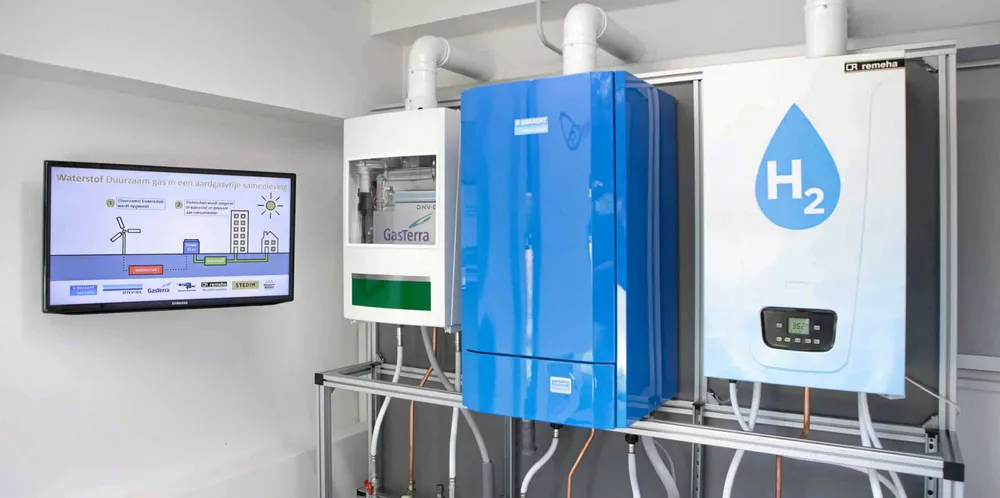Green hydrogen for heating ‘would double energy bills, reduce GDP and put climate targets out of reach’
The larger the uptake of heat pumps in Europe, the greater socio-economic benefits, study finds

The larger the uptake of heat pumps in Europe, the greater socio-economic benefits, study finds
